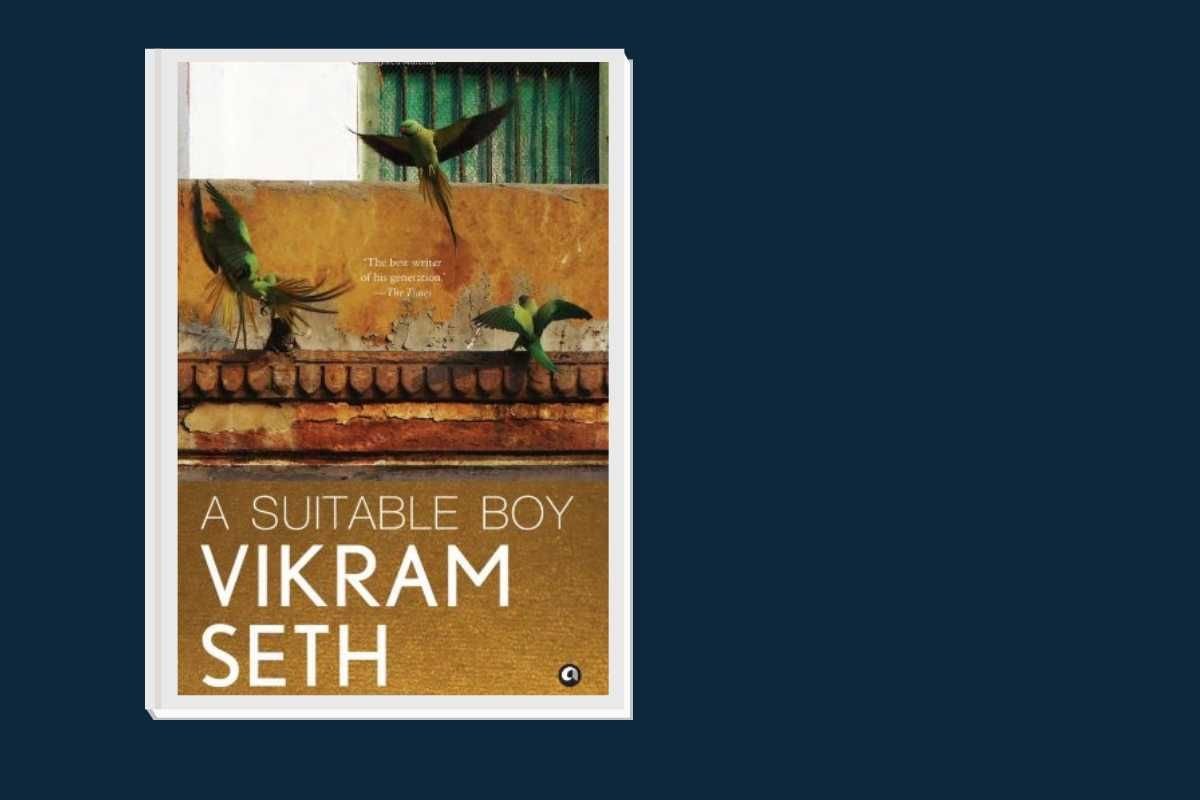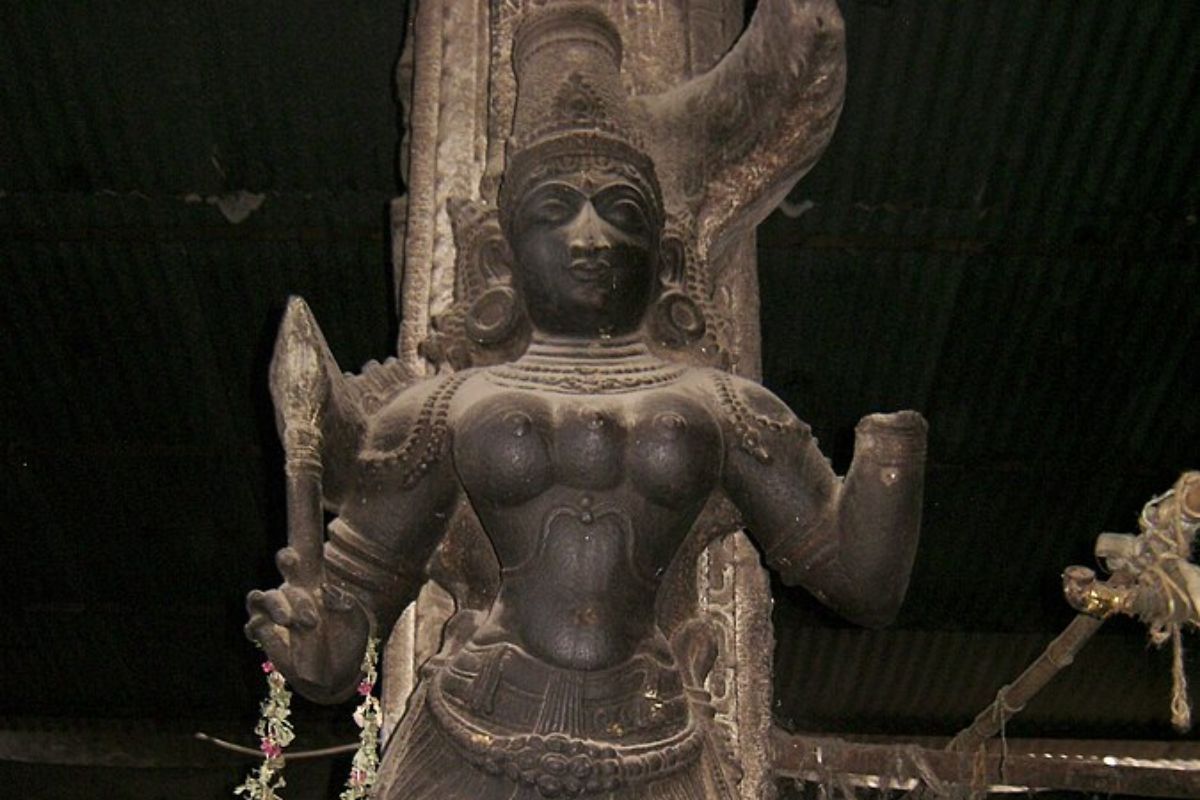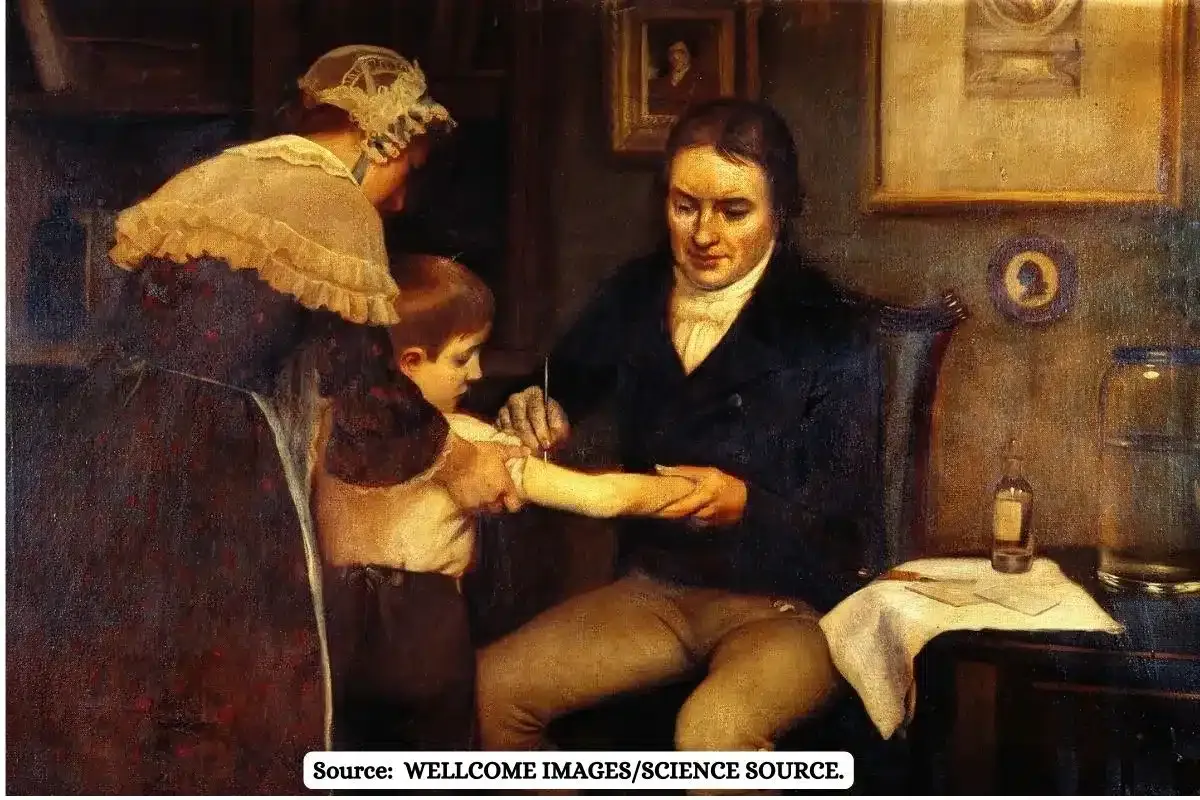‘A Suitable Boy’ Book Review | Yes, I finished this lengthy book. Although, it wasn’t as exhausting as I thought it would be. Rather, it was one of the easiest books I have ever read. After finishing almost 1200 pages, I have wondered how he made the story so engaging, and interesting. At the same time, why did he publish the entire 1400-page book in just one instalment when it could have easily been three books of 500 pages each maybe?
I did get my answer.
Narrative/Structure
I also wondered how would it have been reading this book in the 1990s, when it got published. I mean, the book is huge, and hence, that makes it difficult to carry around. Inevitably, you have to read it at home. The writer acknowledges this in the very first page of the book, during ‘the word of thanks.
Talking about the book. The book starts with the wedding of Savita, Mrs Rupa Mehra’s eldest daughter. And, the books follow the journey of Lata Mehra and Mrs Rupa Mehra’s quest to find her ‘a suitable boy’. The book, in a way, is Netflix’s series Indian Matchmaking before Indian Matchmaking. And, somehow no one in the narrative ends up looking bitter or casteist or classist somehow, except Lata’s elder brother Arun Mehra.
The book is set in 1951-52, around India’s first general elections. The country is trying to make sense of what independence really means to it. There is an entire narrative of Mahesh Kapoor, a politician. Through Mahesh Kapoor, the author presents a very human side of a politician. Mahesh Kapoor, throughout the book, juggles his life between politics and family. He attempts to pass the ‘Zamindari Abolition Act ’ in the state of Purva Pradesh. There is an entire segment of privileged people and village realities during those times, with the ‘Zamindari Abolition Act’ as the plot point.
The book is set in the fictional town of Brahmpur, which through description feels like a mix of Lucknow, Delhi, and Banaras.
Characters
Ah, there are so many characters. And, each character is so distinct and unique that it means an impression, so vivid, on you. It feels like you’re living with them, in their dining room. I was following the narrative through the considerate cum rebel Lata, but almost after 1000 pages she changes her stance on family, love, and the future. I was so invested in the narrative, that I felt cheated. I couldn’t understand her character trajectory or development until the climax, but then it all made sense.
There is a cameo from our first prime minister Jawahar Lal Nehru, and one could sense the awe the author has for him.
We visit Kolkata also. I will leave it at that.
Poetry
As Vikram Seth is poetry first, then an author, hence he used poetry very beautifully, and cleverly. There were very serious characters who talked about poetry as passionate souls. Then, there were Chatterjis who used poetry for fun and leisure, mostly for humour. Then, there are references to couplets of Dagh, Ghalib, and more. Rather, Urdu poetry is a very central part of one of the narratives of Saeed Bai and Mann Kapoor.
And none of them feels out of sync or forced. That also reflects how the form of poetry differs from different facets of society.
Conclusion
The book is such an incredible guide to reading, and writing engaging storytelling. There are so many words which have possibly not ever heard of. For example, torpid, or bumptious or saccharine, you can google the meaning. There are many more.
In one of the interviews, Vikram Seth mentioned, that how he intended to write a 200-300 page long novel. But, it turned out to be some 1400-1500 pages long. Right now, he has been commissioned to write ‘A Suitable Girl’, a sequel to the aforementioned book. Although, he has already missed the deadline.
And, no. I will not talk about Mira Nair’s BBC series based on the book, as that series deserves no attention. Although, one should happily listen to the playlist and incredible poetry of Dagh Dehlvi.
Written By Rajeev. He likes to know about human experiences and the evolution of society. And, if you don’t find him reading a book then, you’d find him watching a film.
More in Book Review
- Book Review: TALES OF HAZARIBAGH by Mihir Vatsa
- The Enchantress of Florence by Salman Rushdie
- ‘The Missionary Position: When Hitchens investigated Mother Teresa
- Latitudes of Longing by Shubhangi Swarup
- Book Review: The Reluctant Fundamentalist by Mohsin Hamid
- Estuary by Perumal Murugan, Translated by Nandini Krishnan
- Untouchable by Mulk Raj Anand
- Book Review: Qabar by K.R. Meera, Translated from Malayalam by Nisha Susan
- Catch-22 by Joseph Heller
- Girl, Woman, Other By Bernardine Evaristo
Follow Ground Report for Climate Change and Under-Reported issues in India. Connect with us on Facebook, Twitter, Koo App, Instagram, Whatsapp and YouTube. Write us on GReport2018@gmail.com










